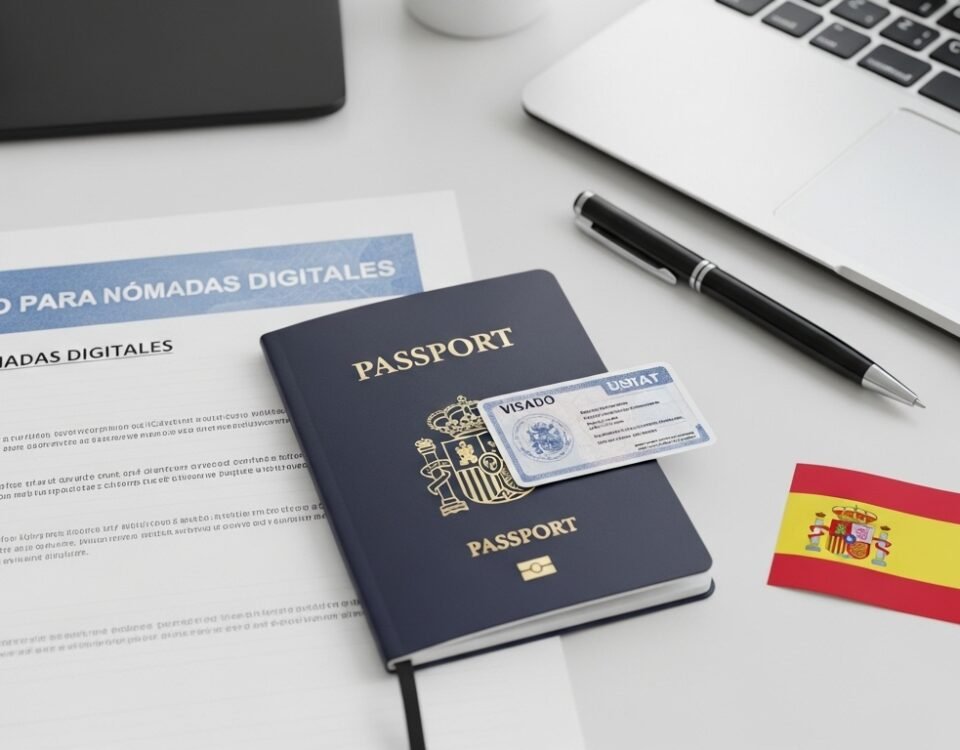Landing your first remote job is an incredible feeling. It’s the key that unlocks a life of travel and freedom. But in a rapidly evolving global market, simply having a remote job isn't enough for long-term security. The real key to a sustainable nomad career is to build a toolkit of in-demand remote skills.
These are the skills that companies are actively hiring for, that pay well, and that are perfectly suited for a location-independent lifestyle. They are your professional insurance policy, ensuring you'll always have opportunities, no matter where in the world you are.
This guide, based on our continuous market research, breaks down the skills that offer the best return on investment for any aspiring or current digital nomad.
The Foundation: Why Skills Matter More Than Jobs
A "job" can be lost. A "skill" is yours forever. By focusing on developing a core set of competencies, you shift from being a passive employee to an active, valuable professional who can create their own opportunities. The following are the most strategic skills to focus on right now.

The 7 Most In-Demand Remote Skills for 2026
1. Digital Marketing (SEO & Content Creation)
-
What it is: Helping businesses get found online. This includes Search Engine Optimization (SEO), writing blog posts, managing social media, and running email campaigns.
-
Why it's perfect for nomads: Every company in the world needs a digital presence, creating a near-infinite demand. The work is 100% location-independent, deadline-driven, and highly measurable.
-
Where to start: Google's own Digital Garage offers free, foundational courses.
2. Web Development
-
What it is: Helping businesses get found online. This includes Search Engine Optimization (SEO), writing blog posts, managing social media, and running email campaigns.
-
Why it's perfect for nomads: Every company in the world needs a digital presence, creating a near-infinite demand. The work is 100% location-independent, deadline-driven, and highly measurable.
-
Where to start: Google's own Digital Garage offers free, foundational courses.
3. UI/UX Design
-
What it is: User Interface (UI) design is about making websites and apps look good. User Experience (UX) design is about making them easy and intuitive to use.
-
Why it's perfect for nomads: Every new app or website needs a designer. It's a creative, high-impact field that is perfectly suited for remote, collaborative work using tools like Figma.
-
Where to start: Coursera offers excellent UX design certificate programs from companies like Google
4. Copywriting & Content Writing
-
What it is: The art of writing persuasive text for marketing (copywriting) and informative text for blogs and websites (content writing).
-
Why it's perfect for nomads: All you need is a laptop and a deep understanding of your client's audience. It's an incredibly flexible and portable skill that is foundational to all digital marketing.
-
Where to start: Hubspot Academy has fantastic free courses on content marketing.
5. Project Management
-
What it is: Organizing teams and projects to ensure work gets done on time and on budget.
-
Why it's perfect for nomads: As more companies go remote, the need for skilled remote project managers who can coordinate teams across different time zones is exploding.
-
Where to start: Look into certifications like the CAPM (Certified Associate in Project Management
6. Video Editing
-
What it is: Taking raw video footage and turning it into a polished final product for YouTube, TikTok, Instagram, or corporate training.
-
Why it's perfect for nomads: Video is the dominant form of content online, and demand for skilled editors is skyrocketing. It's a task-based role that can be done on your own schedule from anywhere.
-
Where to start: There are thousands of high-quality tutorials on YouTube for software like DaVinci Resolve (which has a powerful free versio
7. Specialized Virtual Assistance (VA)
What it is: Going beyond basic admin tasks to offer a specialized service. This could be managing a podcast, running a Pinterest account for an e-commerce store, or handling customer support for a specific software.
Why it's perfect for nomads: It's one of the most accessible entry points into the remote work world. By specializing, you move from a low-paid generalist to a high-value expert that clients rely on.
Where to start: Identify a skill you already have (are you great at social media? highly organized?) and market that specific service
Building a sustainable career on the road is not about luck; it's about strategy. By investing your time in learning one or two of these in-demand remote skills, you're not just preparing for your next trip; you're building a future of professional freedom.
What skill are you currently learning or using on the road? Share your journey in the comments below!


